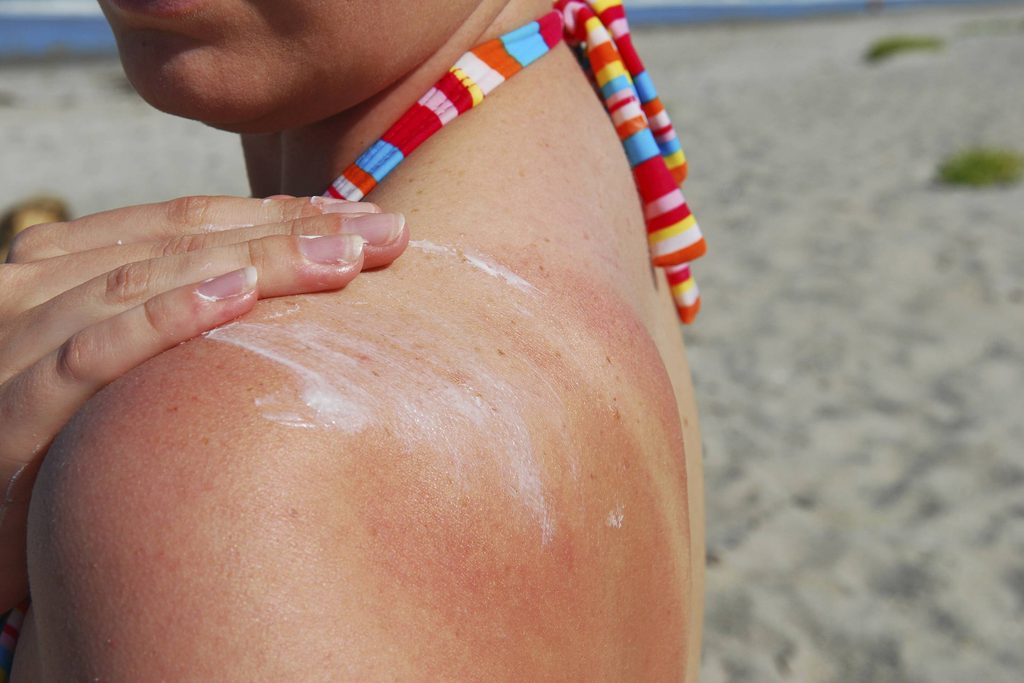
Red, blotchy skin
Years of unprotected sun exposure can lead to permanently red, blotchy skin, says Jason Reichenberg, MD, associate professor at the University of Texas-Austin’s Dell Medical School and chief of dermatology at Seton Healthcare Family in Austin. This is called photoaging, according to Yale Medicine, and can lead to skin cancer if you’re not careful.
As you age, the sun thins your skin and loosens the structure around your blood vessels, causing them to dilate and generate red and brown areas, primarily across the cheeks and neck. “All of the building blocks of the skin melt, almost like an egg,” Dr. Reichenberg says. When this “melting” process happens, the collagen in your skin spreads out, allowing the blood vessels to appear through the skin. And unfortunately, this condition is irreversible once it begins. “You can’t un-cook an egg,” Dr. Reichenberg says.
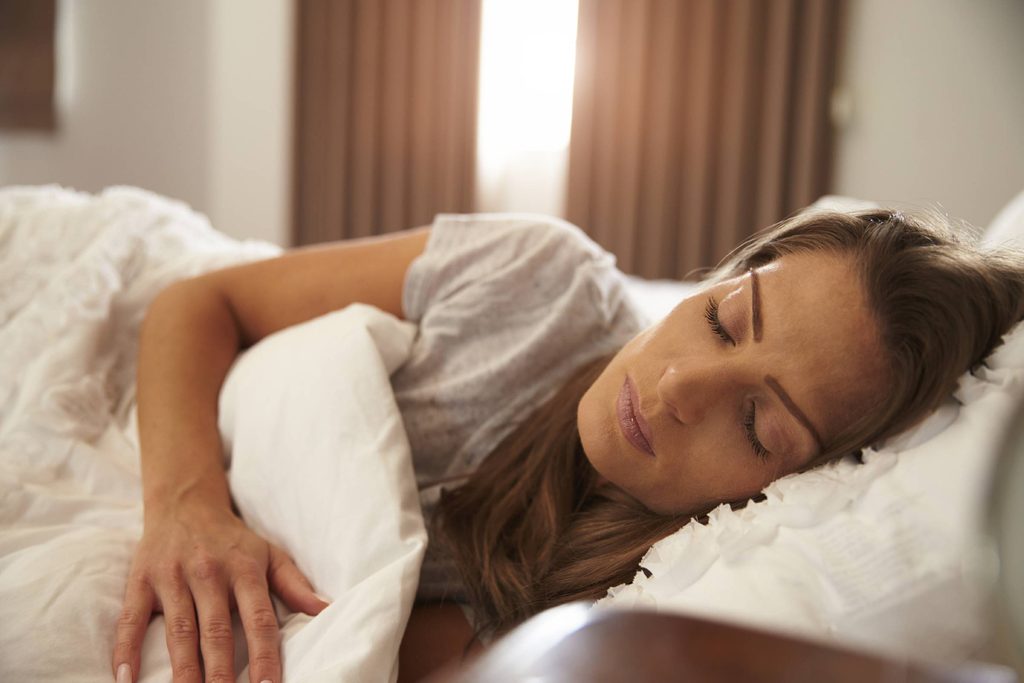
A better night’s sleep
According to the Sleep Foundation, when you are exposed to natural light your circadian rhythm synchronizes with the sunrise and sunset, helping you stay awake during the day and getting a restorative rest at night. Research also points to natural light exposure earlier in the day leading to an earlier bedtime, while soaking up the sun later can push back your sleep schedule. So if you want to make sure you’re up and at ’em early, try squeezing a morning walk into your routine!
Get The Healthy @Reader’s Digest newsletter

A sunnier mood (pun intended!)
Research shows that the sun is chemically composed to put a smile on your face. According to a 2014 study by Harvard Medical School and Massachusetts General Hospital, sun exposure is linked to the release of a “feel-good” chemical in the body known as beta-endorphin, the same one that’s released during exercise. This can be beneficial for quick jolt of joy, but be warned—the researchers also found that prolonged exposure can actually lead to an addiction to the sun.
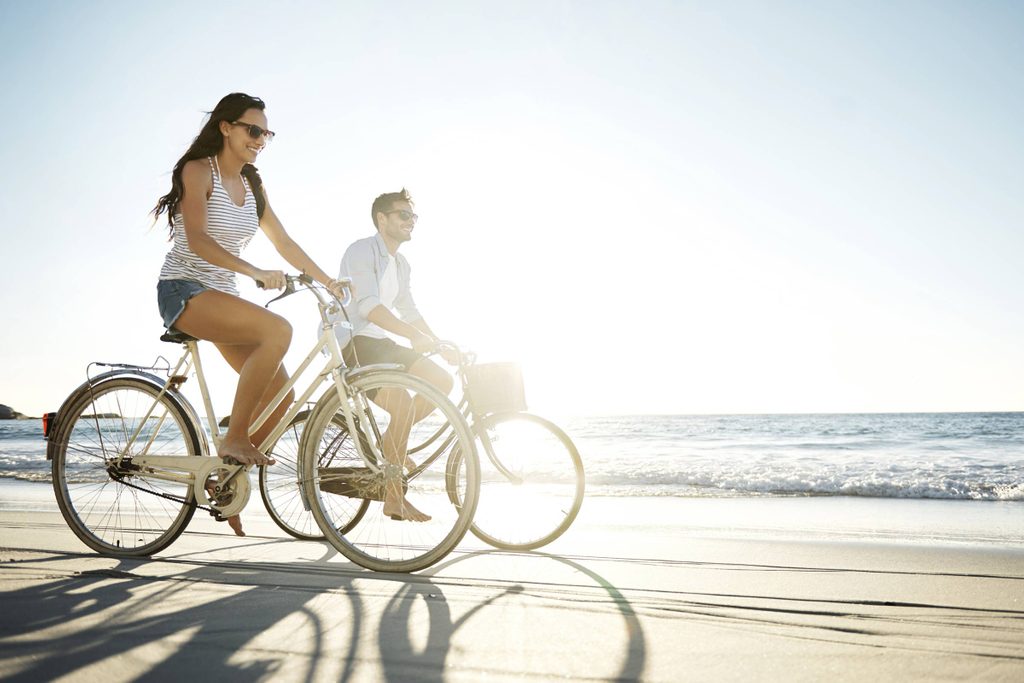
A boost in vitamin D levels … maybe
It’s no secret that spending time outside is a great way to load up on vitamin D. Several studies have emphasized the benefits of soaking up some sun, linking the vitamin D found in UV rays to a decreased risk of developing multiple sclerosis, osteoporosis, and even the flu. However, Dr. Reichenberg warns that too much sun can actually reverse the benefit and decrease your levels of the vitamin. “Think of it as a chemical reaction going from a pre-vitamin D to vitamin D,” he says. “When the sun hits your skin, it helps convert the pre-vitamin D to vitamin D, which is good. But there are some studies that show that getting too much sun exposure in a day will actually flip that reaction in the opposite direction.”
Here’s Why Too Much Vitamin D Can Cause Major Health Problems
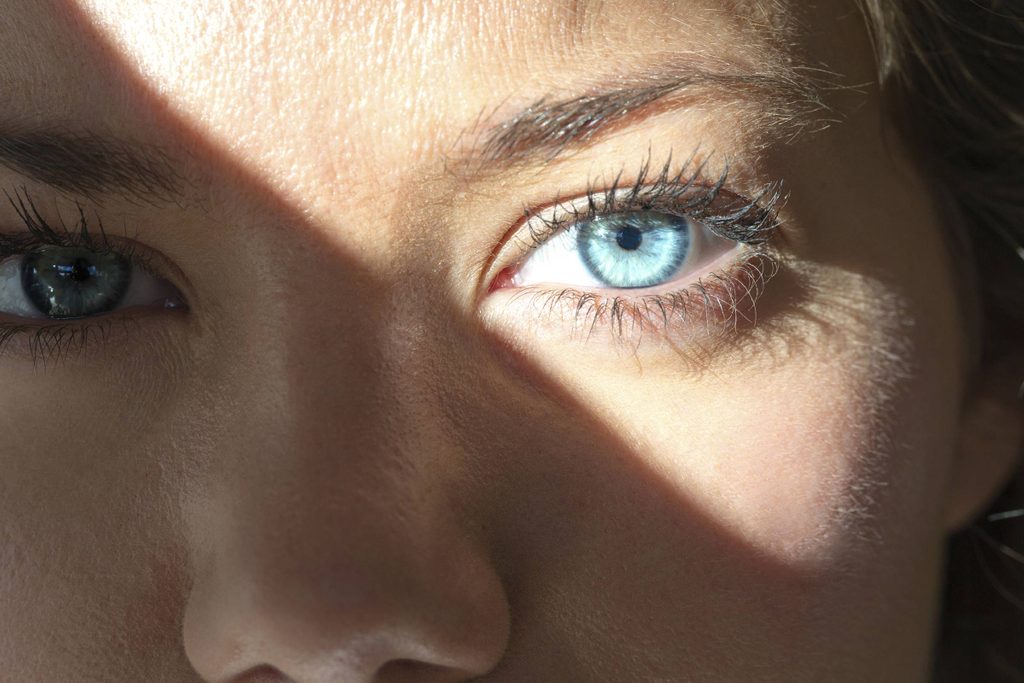
Strained eyesight (or worse)
For many, vision problems are an unavoidable consequence of aging, but research shows that exposure to the sun can make these issues even more severe, particularly for people over the age of 40. According to a 2011 study by researchers at Fordham University, the same UV rays that can cause harm to your skin can also damage your eyes, increasing the risk of developing cataracts or other vision problems. In serious cases, this can lead to complete blindness, the study says. Fortunately, the researchers offer a simple fix to the issue: sunglasses. This is the after-sunburn routine dermatologists always follow.
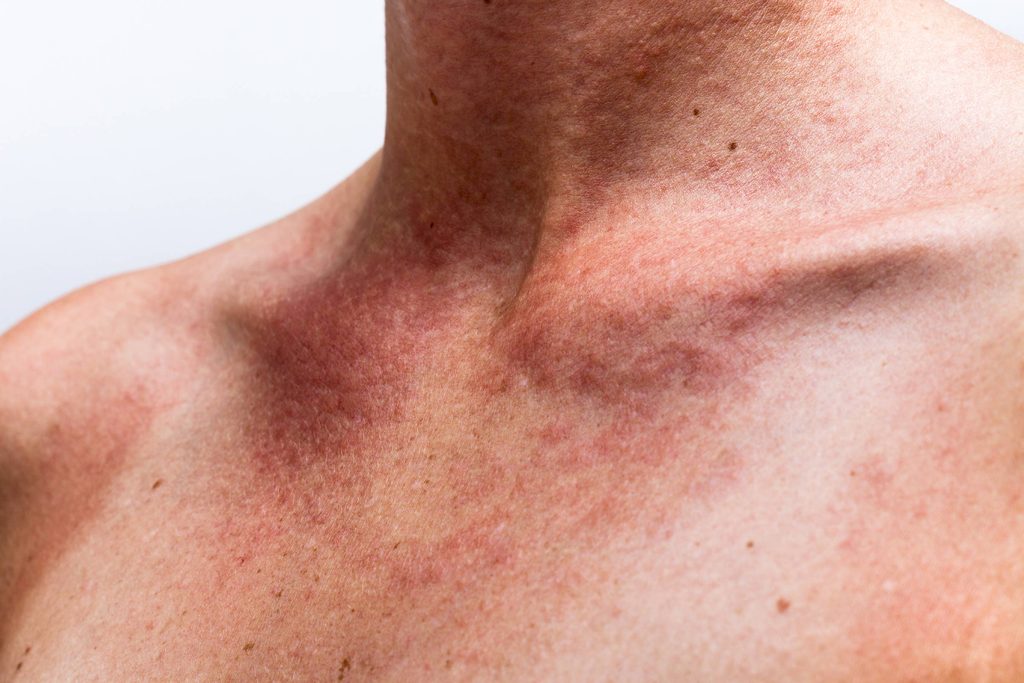
A sudden (and severe) rash
For those with a skin condition known as polymorphic light eruption, simply stepping outside into the sun can result in a rash, Dr. Reichenberg says. The red, itchy reaction can break out anywhere from minutes to hours after sun exposure. More severe allergic reactions can take place with a disease called porphyria, also known as the werewolf or vampire disease. This condition, which can be brought on by either a genetic mutation or a liver problem, causes the skin to bubble upon sun exposure. While this disease can be devastating, fortunately it is quite rare, affecting fewer than 200,000 people in the United States, according to the American Porphyria Foundation.
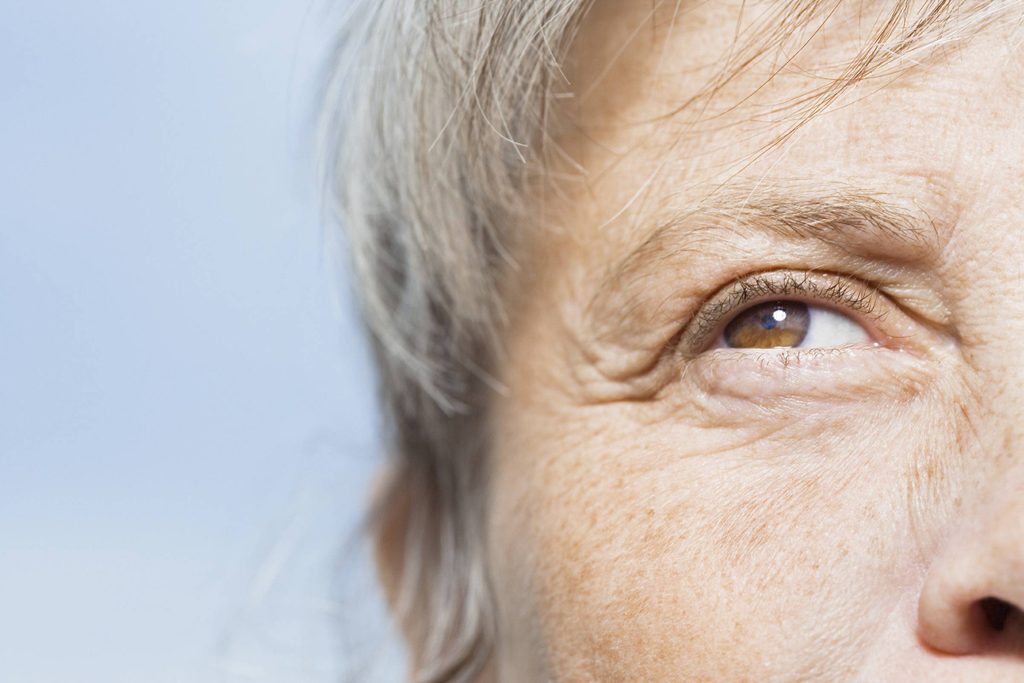
Older-looking skin
“All of the signs that we as a culture consider part of looking old are mostly caused by the sun,” Dr. Reichenberg says. For the most part, this includes wrinkles and brown sunspots on the skin, he says. Dr. Reichenberg says some simple lifestyle changes, such as wearing a broad-brimmed hat or applying a daily facial sunscreen, can make a huge difference.

Improved acne
In limited doses, the sun can help treat various skin conditions, such as acne and psoriasis, Dr. Reichenberg says. Ironically enough, the way it does so is actually the same way it causes skin cancer. The sun turns down the immune system on the skin, which weakens your line of defense against cancer and increases your chances of developing melanoma. However, conditions like psoriasis and acne are caused by an overactive immune system; turning your immune system’s intensity down a few notches can help treat them. Dr. Reichenberg warns against relying completely on sunlight to treat acne, due to the associated risk of developing skin cancer. A healthier option: natural acne remedies and the right OTC and prescription medications for acne.

Weird brown spots—that have nothing to do with age!
Next time you’re enjoying a cold glass of lemonade outside, try to keep it away from your skin—unless you want to be speckled in brown spots for the next few weeks. According to Dr. Reichenberg, exposing your skin to certain fruits, plants, and even fruity perfumes under the sun can lead to brown streaks, spots, and other prints wherever the fruit-to-skin contact was made. “We see that a lot after spring break every year in the office,” he says. “People come in with these brown streaks on their hands, or a dark handprint on their thigh, and the story is almost always that they’ve had some sort of tropical drink or they were eating a fruit salad or something in the sun.” Fortunately, the condition is harmless and will go away on its own, though it may take up to several months.

A longer lifespan
According to a 2016 study by the Karolinska University Hospital in Huddinge, Sweden, avoiding the sun can be just as detrimental to your lifespan as smoking cigarettes. The study, which looked at 30,000 Swedish women over 20 years, found that life expectancy for those who avoided the sun was as much as 2.1 years shorter than the lifespan of those who spent a lot of time outside. Women who had more sun exposure were at a lower risk for developing several diseases such as diabetes, multiple sclerosis, and heart disease. While this is great news for those looking to catch a few rays, Dr. Reichenberg urges people to remember that doing so still poses a skin cancer risk. Stick with protective measures like wearing sunscreen, sunglasses, wide-brimmed hats, or long-sleeve shirts.
For more wellness updates, follow The Healthy on Facebook, Instagram, and Twitter. Keep reading:
